Tasting coffee is an art that can turn a common morning brew into an extraordinary experience. I’ve journeyed from a casual coffee drinker to someone who now understands and appreciates the nuances of coffee flavor. This transformation didn’t happen overnight but was driven by a deep curiosity and a commitment to really experiencing coffee.
Importance of Tasting Skills
When I first began my coffee-tasting adventure, I could only distinguish between “good” and “bad” coffee. As a barista, I realized this simplistic view didn’t do justice to the complex flavors that each cup of coffee can offer. Developing your tasting skills can elevate your coffee experience, making each sip a discovery.
Personal Journey of Developing Taste
Before diving into coffee tasting, I was pretty indifferent about the flavors. It was during my time as a barista that I learned the profound difference a trained palate can make. Tasting isn’t just about differentiating flavors but about truly appreciating the craft behind each cup.
How Tasting Works
To fully appreciate coffee, it’s crucial to understand how tasting works.
Role of the Tongue
The tongue detects basic tastes: sweet, salty, bitter, sour, and umami. You’ve probably seen those tongue charts that map these tastes to specific areas—those have been debunked.
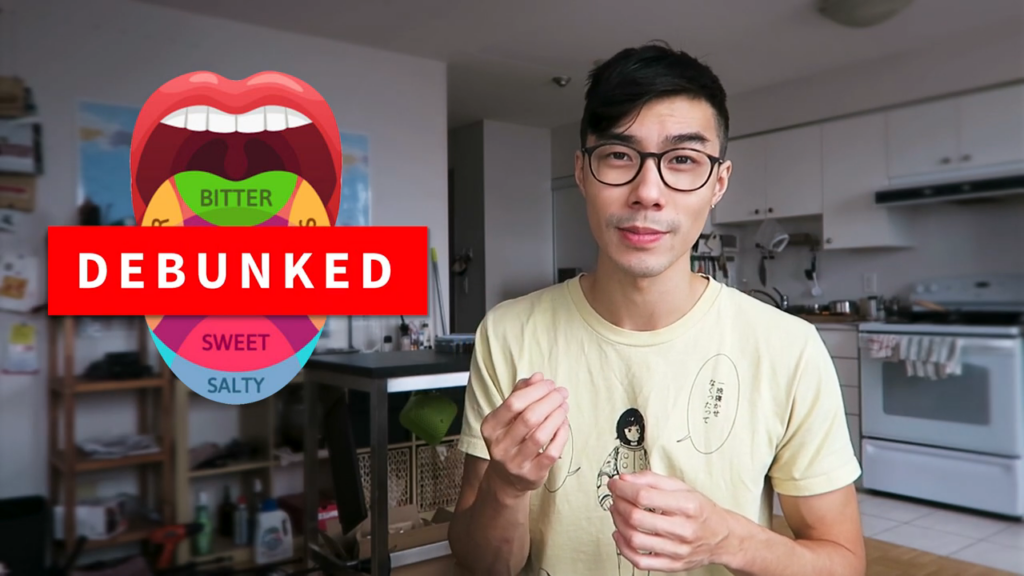
Every part of the tongue can sense these tastes, although the sides are more sensitive, and the back is particularly tuned to bitterness. Here is a study that goes more in-depth on the different parts of your tongue.
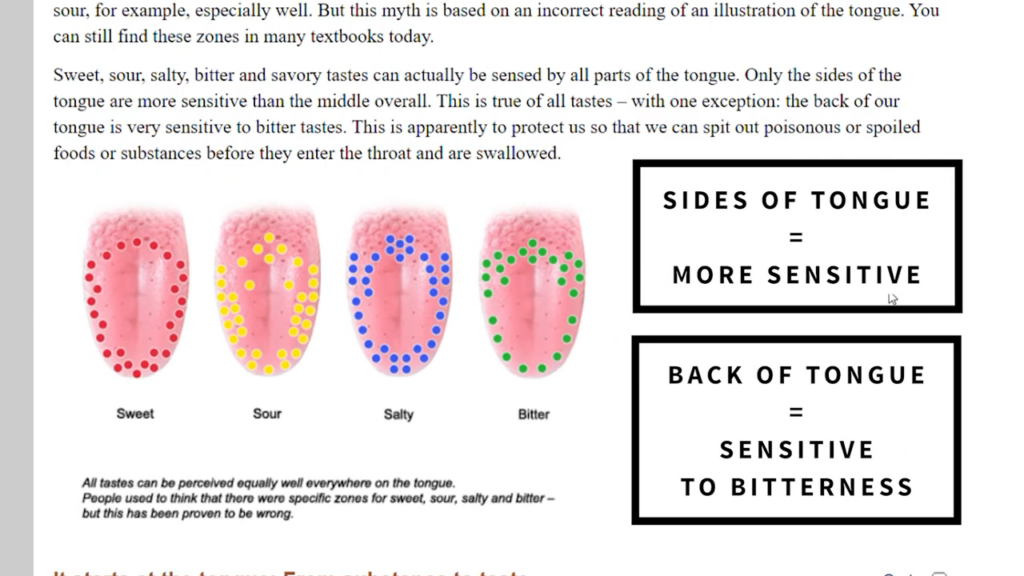
Role of the Mouth
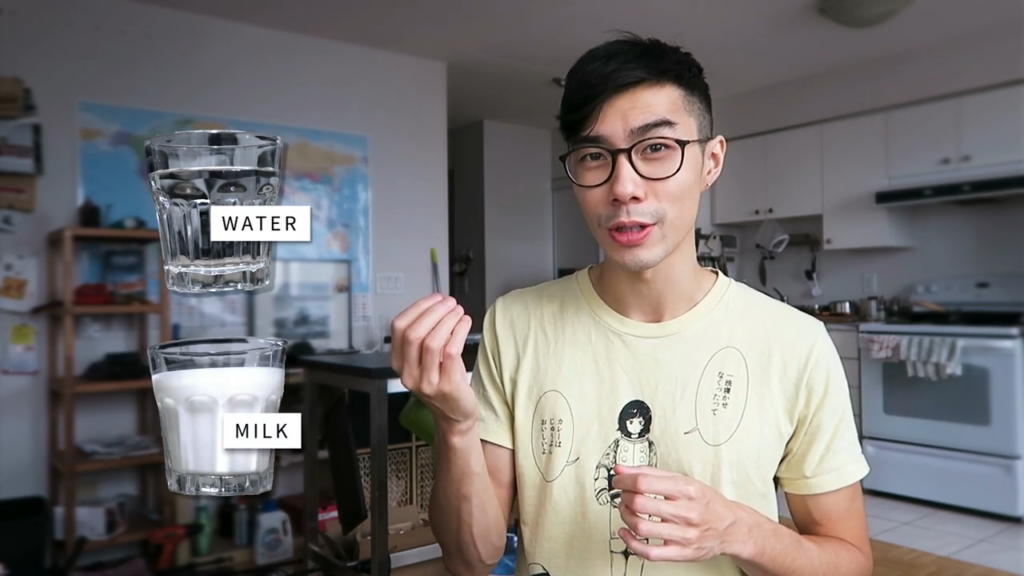
Your mouth contributes to what’s known as “mouthfeel.” This describes the texture and viscosity of the coffee. Is it watery like tea, or thick like whole milk? Is it silky smooth, or does it have a gritty texture? Understanding these sensations adds another layer to your tasting experience.
Role of Olfactory Nerves
The olfactory nerves, located on the roof of your mouth, play a crucial role in taste differentiation. These nerves are tied to your sense of smell, which is why you can’t fully taste when you have a blocked nose. They help distinguish the sweetness of an apple from that of an orange.
Improving Your Tasting Abilities
To get better at tasting coffee, you need to actively engage and refine your senses.
Clearing Your Nasal Passage
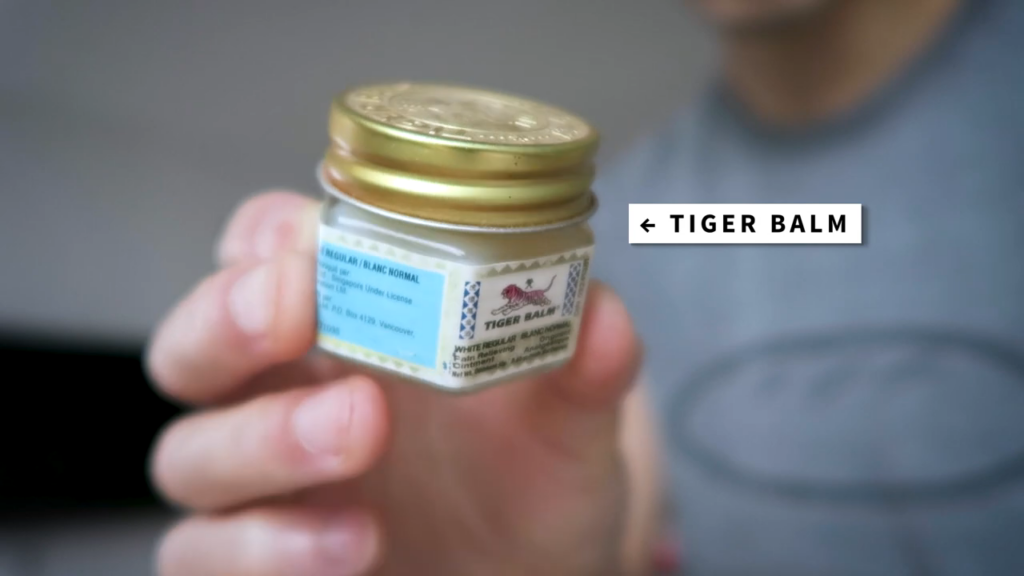
A clear nasal passage is essential for fully experiencing flavors. If your nose is blocked, your sense of taste will be dulled. Use a neti pot or menthol products like Vicks or Tiger Balm to clear your nose. Even simply blowing your nose before tasting can make a big difference.
Smelling Before Tasting
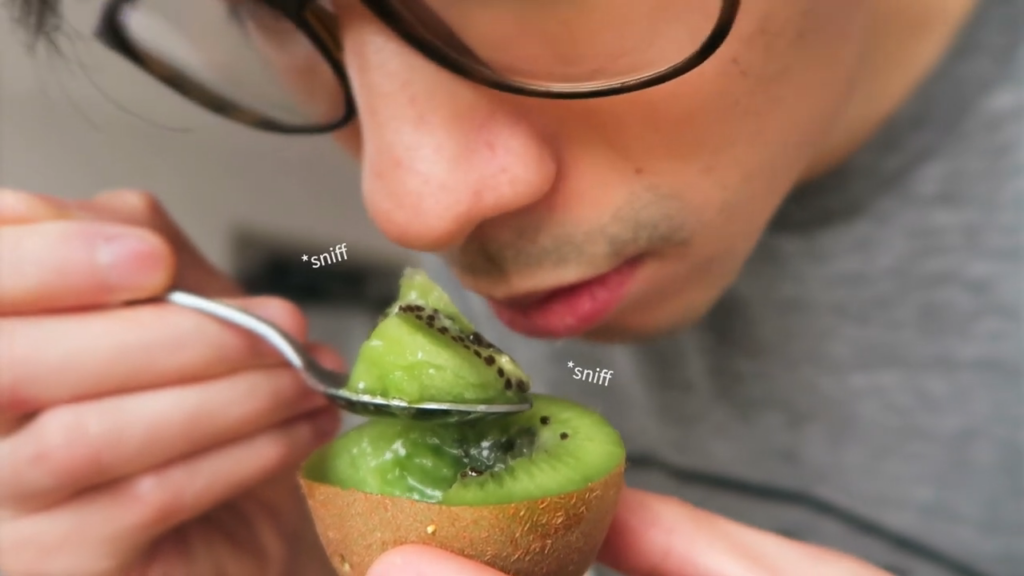
Your nose is a powerful tool. Smell your coffee before you taste it. This gives your brain a preliminary idea of what to expect, heightening your overall experience. Smelling can be prolonged, allowing you to pick up subtle notes before you even take a sip.
The Technique of Slurping
Slurping may seem obnoxious, but it actually serves a purpose. It cools the coffee, making distinct flavors easier to identify, and spreads the liquid across your entire mouth, maximizing the surface area that the coffee touches. If slurping isn’t your thing, let the coffee cool a bit and swish it around in your mouth.
Developing Better Taste Descriptors
Understanding and describing what you taste is key to refining your palate.
Thinking While Eating
Mindful eating is essential. Slow down and consider what you’re tasting. Focus on the different aspects: Is it missing sweetness? Does it lack acidity? Identifying what isn’t there can be as important as recognizing what is.
Expanding Flavor Range
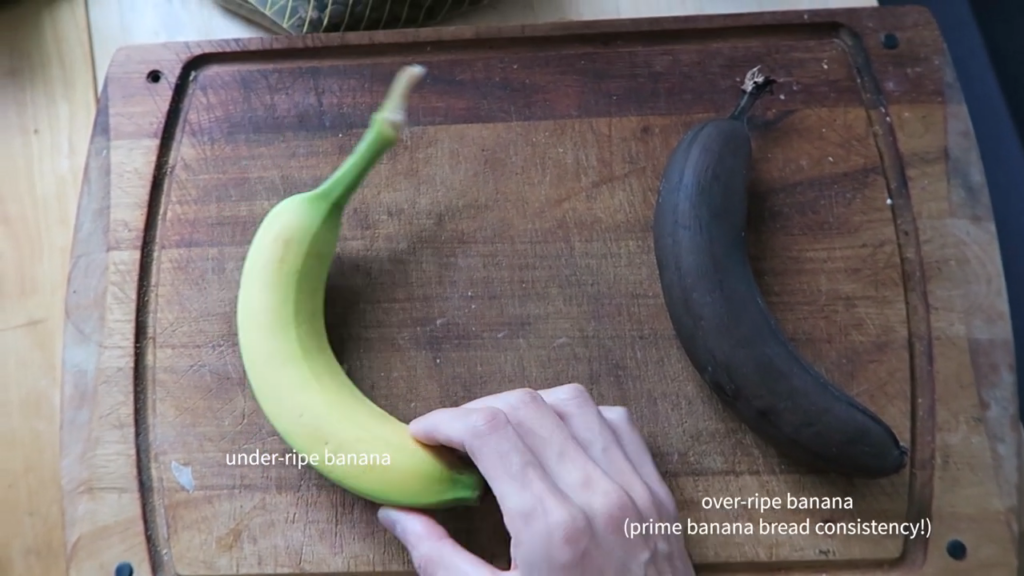
Try foods that are outside your usual preferences. For example, bananas taste different at various stages—under-ripe, ripe, and overripe—each stage offering unique characteristics. This practice can broaden your flavor range and make you a better taster.
Building a Taste Vocabulary
Being able to describe what you taste is a skill that takes practice.
Importance of Descriptive Language
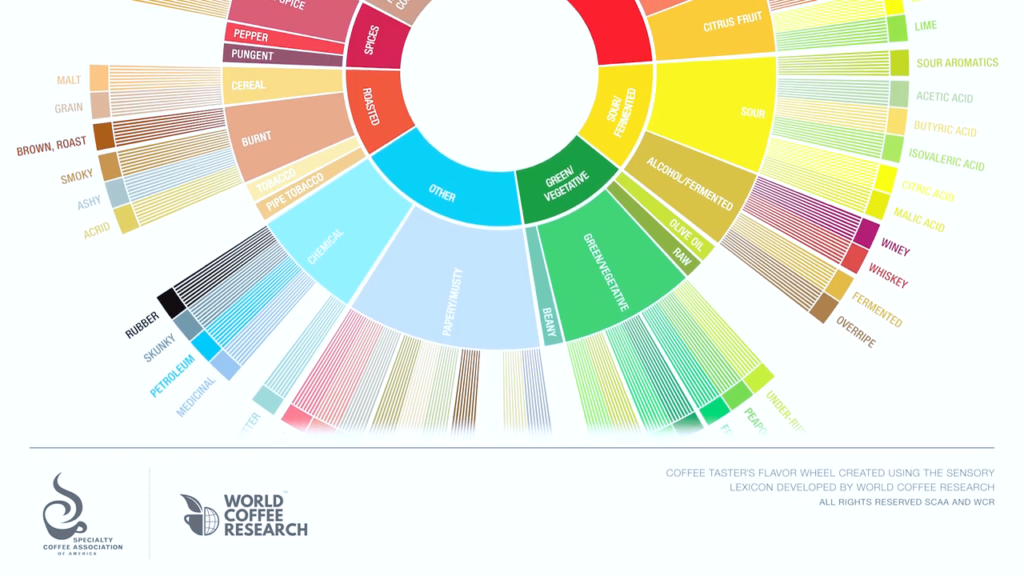
Two people can drink the same cup of coffee and have wildly different descriptions. Developing a vocabulary to describe these experiences allows you to better articulate what you’re tasting and make more nuanced judgments.
Linking Taste to Past Food Experiences
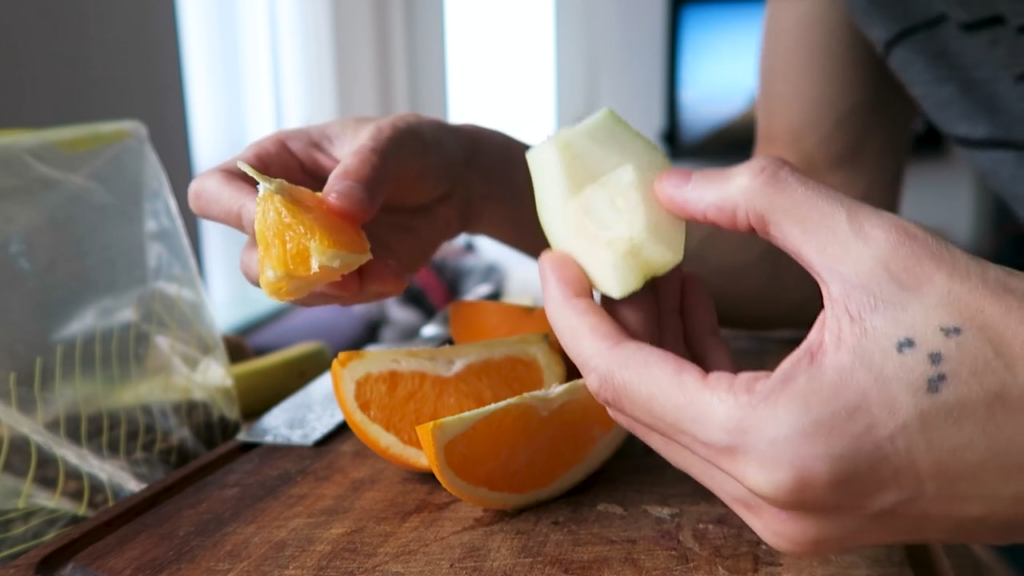
Relate the flavors you detect to your past experiences with food. This helps in forming a mental library of tastes, making it easier to recognize and describe them in the future.
Practicing Verbal Descriptions
Articulate what you taste, even if you’re alone. Say it out loud or write it down. This practice reinforces your ability to connect words with flavors, an essential step in becoming a proficient taster.
Comparative Tasting
Tasting multiple things at once can provide valuable context.
Tasting in Pairs or Groups
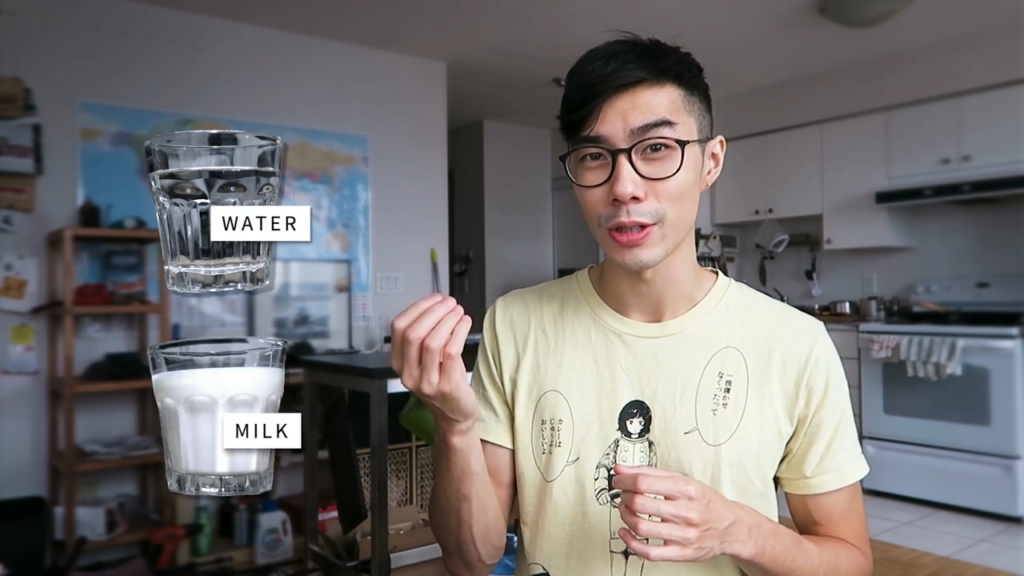
Comparing two or more cups of coffee side by side can highlight subtle differences that you might miss when tasting in isolation. This method is often used in cupping sessions to help refine the palate.
Benefits of Cupping Sessions
Cupping sessions involve tasting various coffees back-to-back and describing the differences. This practice can significantly sharpen your tasting skills and deepen your appreciation for different coffee profiles.
Forming Independent Opinions
Creating your own flavor profile is crucial for becoming a true coffee connoisseur.
Ignoring Pre-labeled Flavor Notes
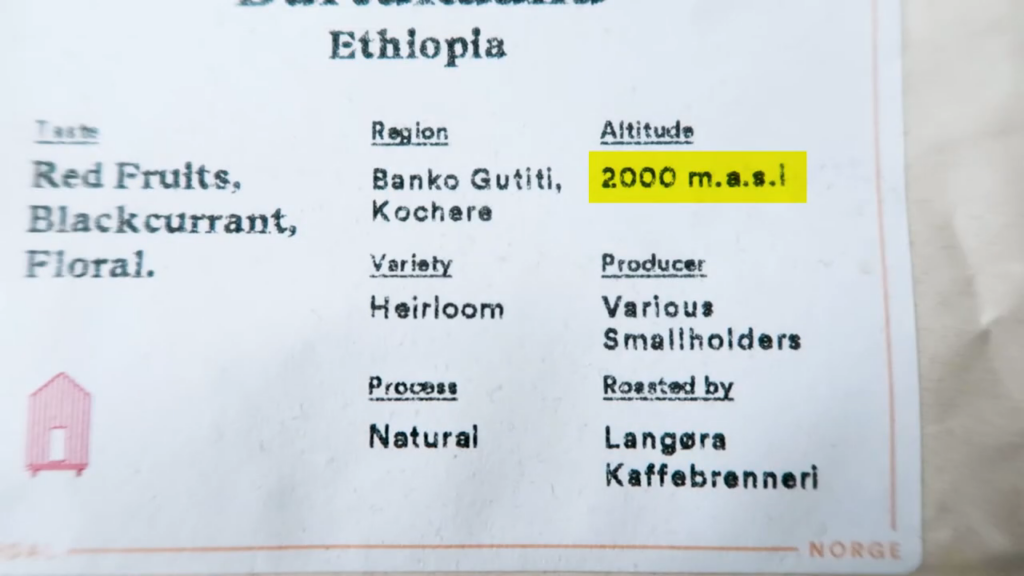
Flavor notes on coffee bags can bias your perceptions. Focus on identifying flavors independently before checking what the label says. This practice helps you form genuine, personal opinions about what you’re tasting.
Developing Personal Taste Descriptions
Work on describing the coffee in your own words. This makes your tasting experience more authentic and satisfying, allowing you to appreciate coffee on a deeper level.
Growing Your Taste Buds as a Skill
Like any skill, tasting requires consistent practice and evaluation.
Consistent Practice Techniques
Regularly taste different coffees and note your observations. Over time, you’ll become more adept at identifying subtle flavors and characteristics.
Understanding and appreciating the complexities of coffee can transform your daily routine into a richer experience. By focusing on developing your tasting skills, you can enjoy coffee in a much more profound way. Keep practicing, keep experimenting, and you’ll find yourself on a rewarding journey of taste.